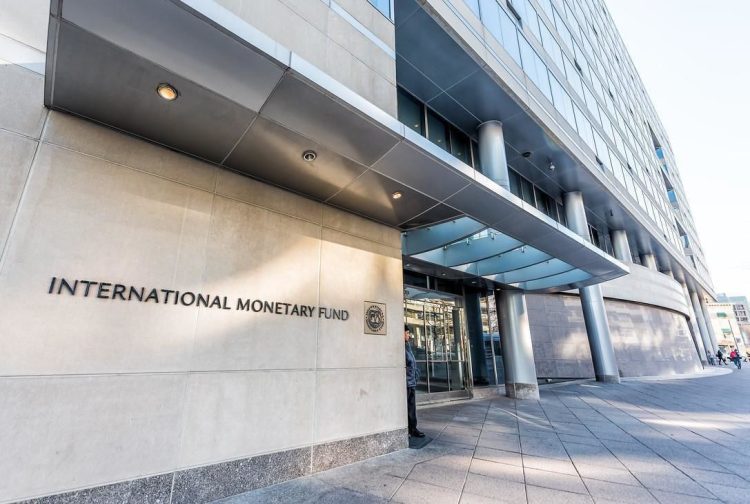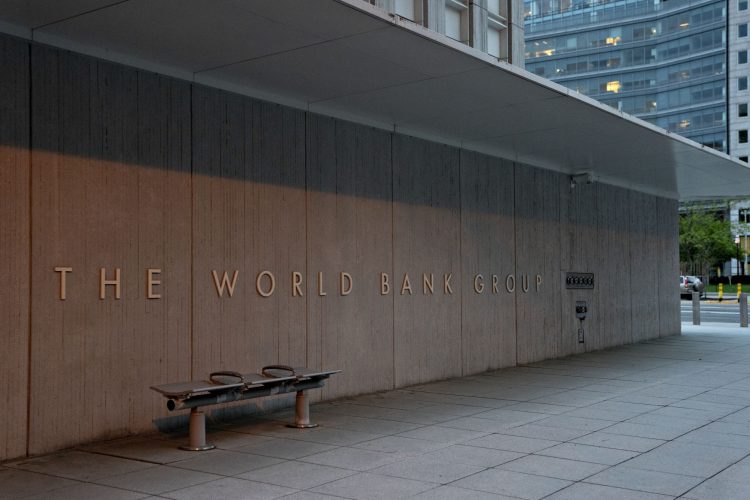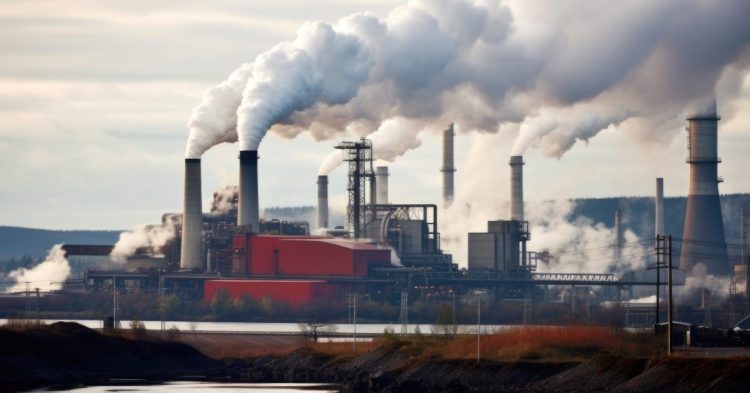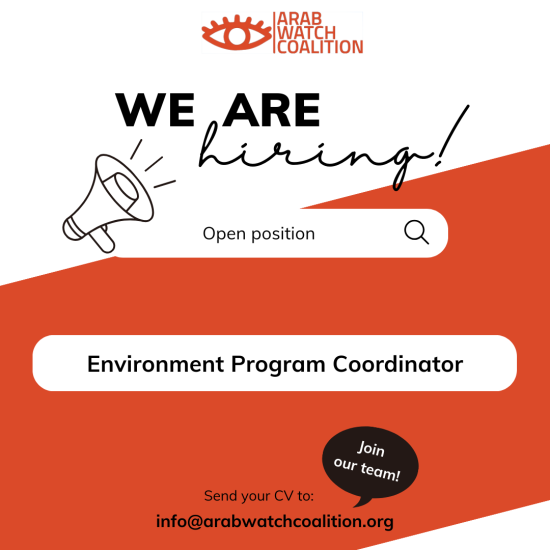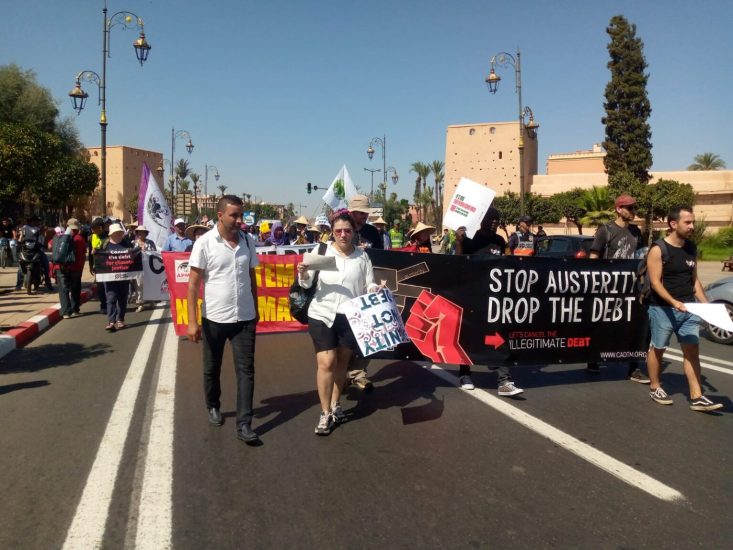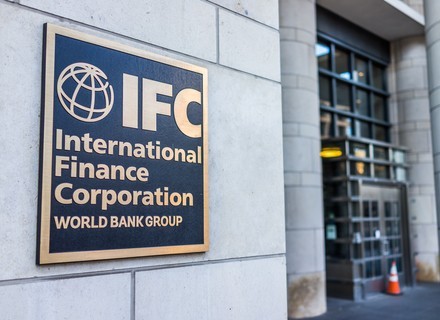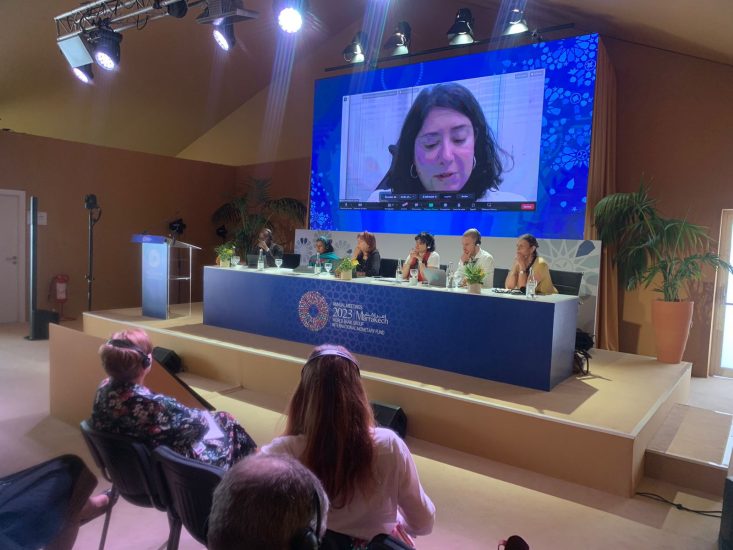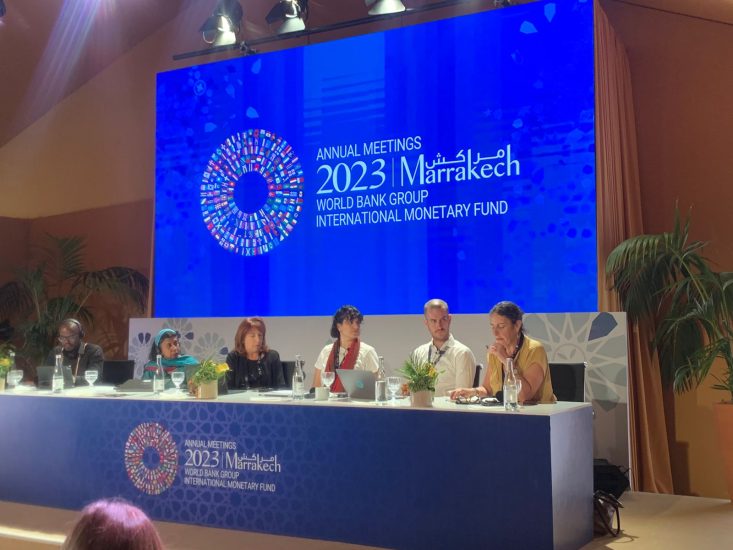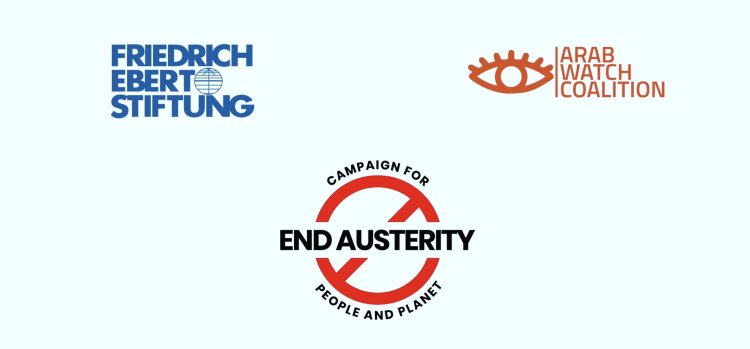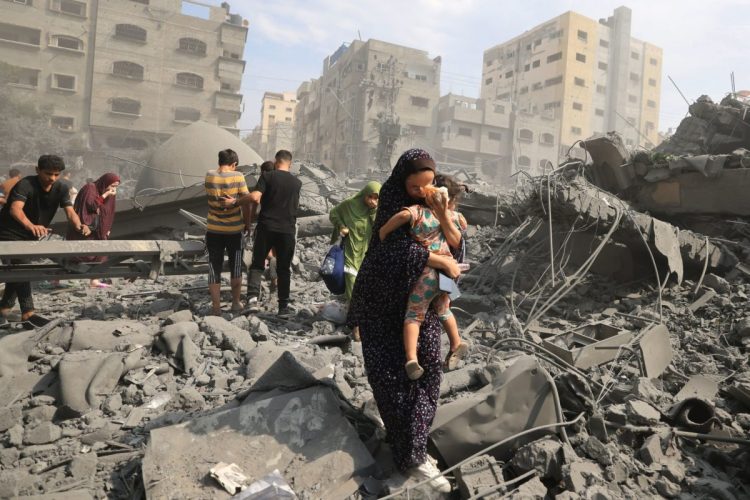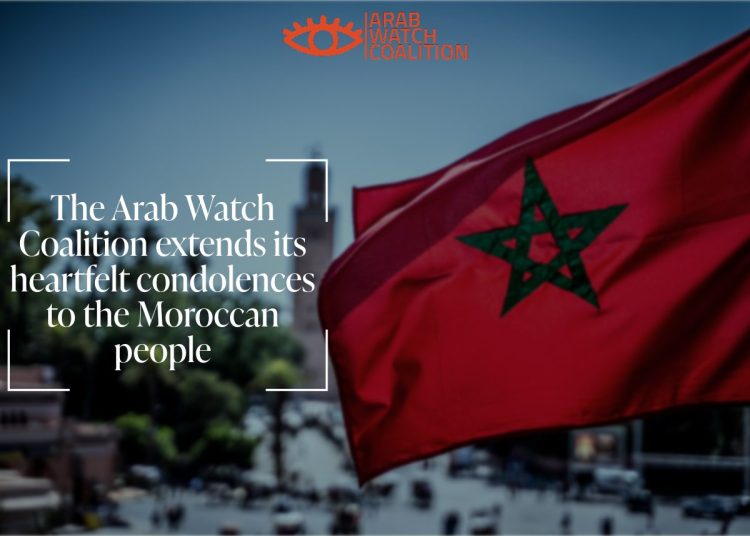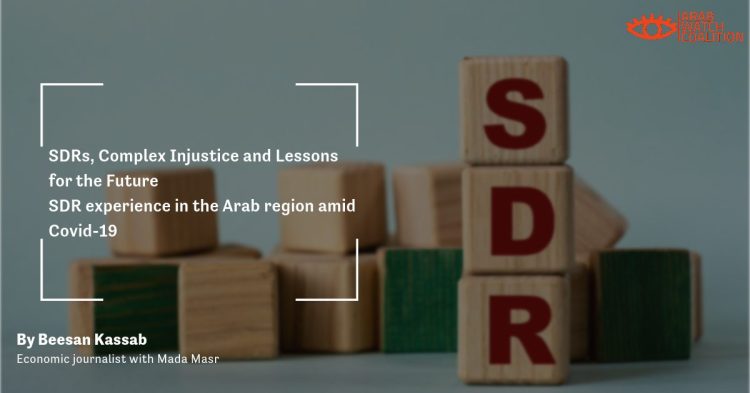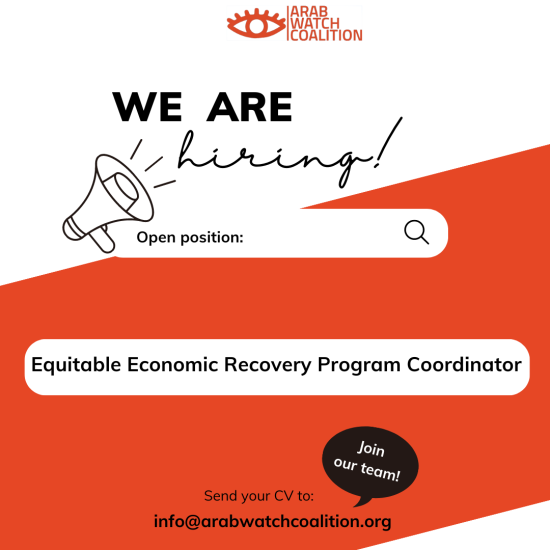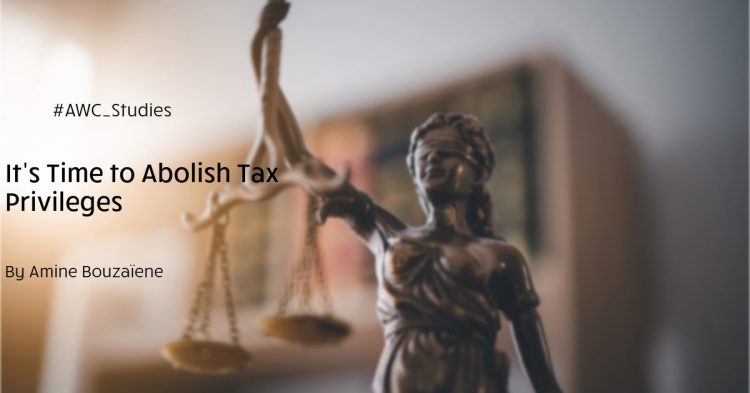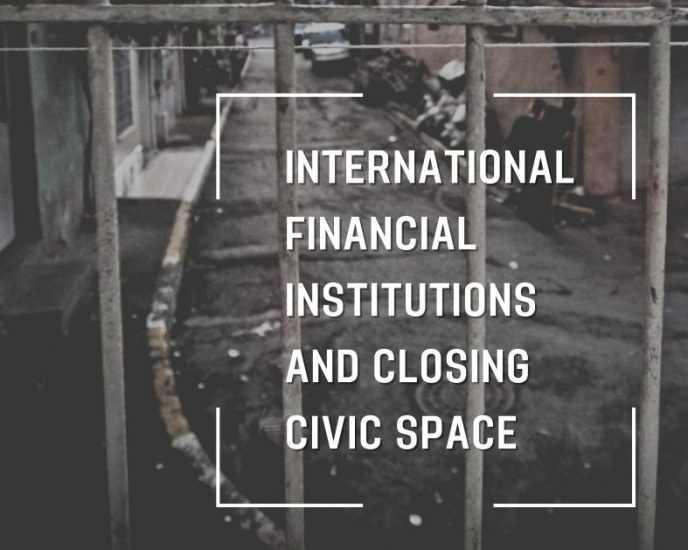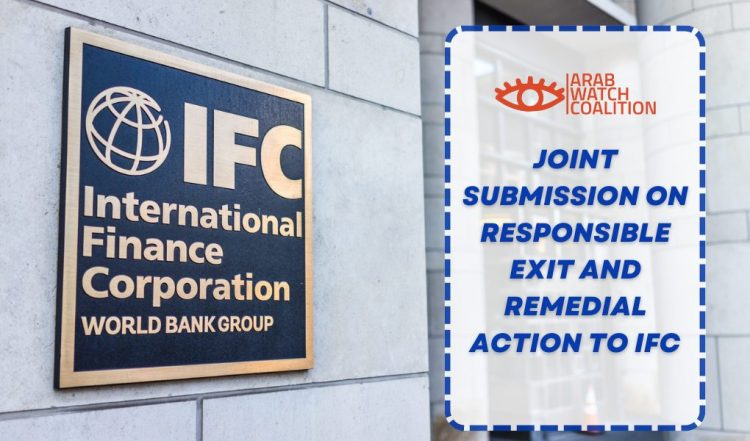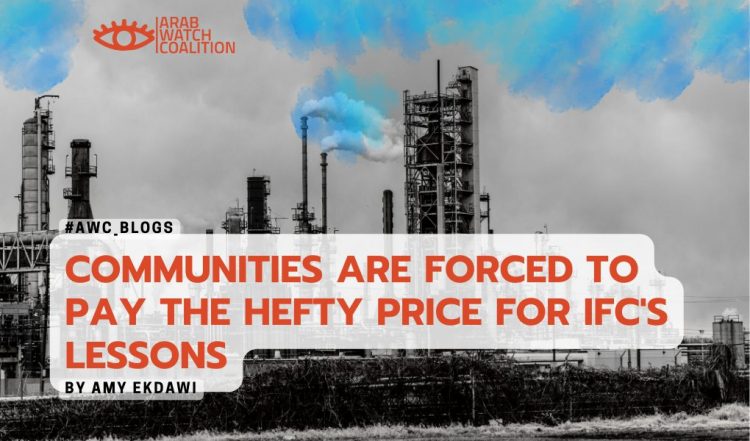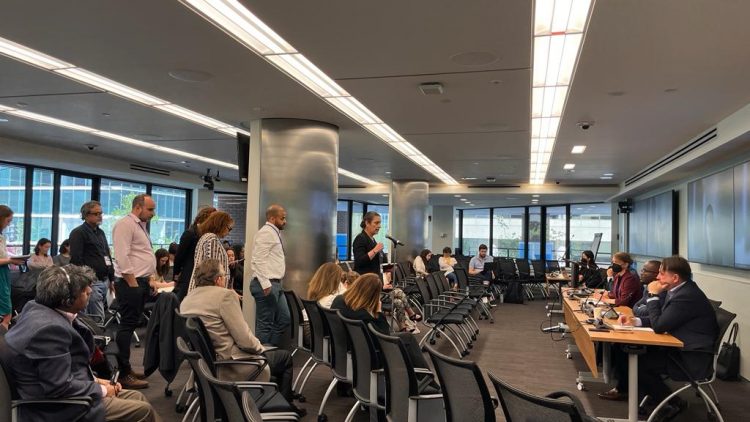Iraq
AWC has four members in Iraq and works also with non-member organizations.
AWC monitors the policies and activities of the following International Financial Institutions (IFIs) in Iraq:
International Monetary Fund (IMF)
Iraq became a member of the IMF in 1945. The Iraqi government received its first loan from the IMF in 2004. According to the IMF’s History of Lending Commitments, Iraq had obtained five loans from the IMF.
The last loan that Iraq received from the IMF was approved in 2016, amounting to $5.34 billion over three years. This loan aimed to implement economic and financial policies to help Iraq manage lower oil prices and maintain debt sustainability.
The IMF regularly evaluates the Iraqi economy through the Article IV Consultation, which refers to the IMF’s mandate for economic surveillance under Article IV of its Articles of Agreement.
World Bank Group (WBG)
Iraq joined the WBG in 1945. Throughout the years the bank invested in 65 projects in the Iraqi public sector. As of July 2024, the Bank has 9 active projects and 3 projects in the pipeline (under preparation) in Iraq.
The International Finance Corporation (IFC), the private sector investment arm of the World Bank Group, has directed over $1.2 billion since 2005 to stimulate the growth of Iraq’s private sector. Currently, its committed portfolio is around $188 million, focusing on sectors such as energy, telecommunications, and banking. Recent projects aim to enhance food security, reduce gas flaring and associated greenhouse gas emissions, and modernize Umm Qasr, Iraq’s largest port, to promote trade.
There are currently 12 active IFC projects in Iraq, with an additional 6 projects pending. The World Bank Group develops a Country Partnership Framework (CPF) for each country in which it operates. The CPF outlines the Bank’s strategy for that country over a three to five-year period. The current CPF for Iraq spans from 2021 to 2026.
The European Bank for Reconstruction and Development (EBRD)
Iraq originally submitted a request to join the Bank in April 2018 and the Board of Governors approved its membership in October 2020. The process of becoming a shareholder is now concluded.
Main issues that AWC focus on in Iraq
Iraq is one of the most oil-dependent countries in the world. Despite its oil wealth, Iraq suffers from economic crises due to the unstable political climate, sectarian conflicts, and the absence of the necessary structural reforms to attract investment and diversify sources of income. Despite attempts to rebuild areas liberated from ISIS, these attempts are not having the desired impact due to political and sectarian divisions in the country.
Iraq has not received any recent loans from the International Monetary Fund. Still, it receives technical services and advice, as well as the periodic economic assessment service that the Fund provides its members.
The World Bank Group has an investment portfolio in Iraq through both the public and private sectors, targeting the capacity building of the service sector, the reconstruction of areas liberated from ISIS, and the establishment of sound governance systems.
Although Iraq has become a member of the Asian Infrastructure Investment Bank and the European Bank for Reconstruction and Development, these two institutions have not yet invested in the country.
The deteriorating security situation and political and sectarian conflicts in Iraq prevent the development of civil society independent of political movements and sectarian currents. Coalition members in Iraq need more experience in engaging with World Bank investments. During the past period, some members in Iraq monitored the implementation of the World Bank’s COVID-19 program in Iraq.
AWC, and its Iraqi members and partners continue to closely monitor IFIs work in Iraq.
AWC activities in Iraq
AWC partnered with “Women and children’s affairs organization” to monitor and analyze the impacts of the World Bank’s $33.6 million emergency response to Covid-19 in Iraq. This amount is a reallocation of funds under the current Emergency Operation for Development Project. It aims to help Iraq face the Covid-19 challenges.
This page was last updated in July 2024


